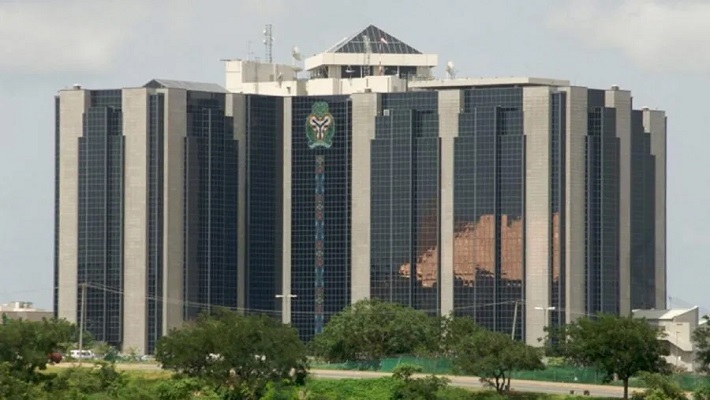As the Central Bank of Nigeria’s Monetary Policy Committee (MPC) convenes for its 302nd meeting today, various stakeholders in Abuja have expressed the need to consider lowering policy rates.
During its previous meeting in July, the MPC decided to maintain the Monetary Policy Rate (MPR) at 27.50 percent for the third consecutive time, a shift from the aggressive tightening approach previously implemented under the leadership of CBN Governor Yemi Cardoso. Since February 2024, the MPR has been increased from 18.75 percent to its current level.
Calls for a reduction in rates have emerged as headline inflation has shown signs of moderation over several months, suggesting that earlier tightening measures might be yielding results. Development economist Ken Ife noted the ongoing expectations for the MPC to lower the MPR but expressed skepticism about the timing for such a move.
“While the recent adjustments in inflation have resulted in a positive real interest rate, with the MPR exceeding inflation, the month-on-month inflation figures tell a different story. Despite overall moderation, the food sub-index continues to rise,” Ife explained. He also pointed out concerns about declining foreign direct investments (FDIs) and the volatility of crude sales, emphasizing the economy’s reliance on foreign portfolio inflows that are sensitive to MPR changes.
Financial expert Uche Uwaleke suggested that the MPC would likely maintain current rates given the falling inflation and stable exchange rates. Uwaleke, who leads the Institute of Capital Market Studies at Nasarawa State University, acknowledged that while inflation has decreased, it remains high, exceeding 20 percent. He highlighted that the recent decline in inflation is primarily linked to seasonal food price fluctuations, while core inflation has actually increased on a month-to-month basis.
“Considering the potential risks to inflation, such as rising FAAC allocations and the upcoming festive season that typically drives demand for goods and services, it is probable that the MPC will keep rates unchanged,” Uwaleke remarked. He also advocated for a reduction in the asymmetric corridor around the MPR to enhance banking sector stability, proposing a narrower range of -2/+3 basis points instead of the current -1/+5 basis points.
Adewale-Smatt Oyerinde, the director-general of the Nigeria Employers Consultative Association (NECA), commended the decline in inflation but noted that its benefits would be limited unless the MPC takes strategic steps toward reducing the benchmark interest rate. He emphasized that lower interest rates would enhance enterprise competitiveness and improve access to credit, investment, and job creation, all of which are essential for inclusive economic growth. Oyerinde presented a strong argument for the MPC to reconsider its tight monetary policy stance in light of the current inflation trends.
(NAN)

